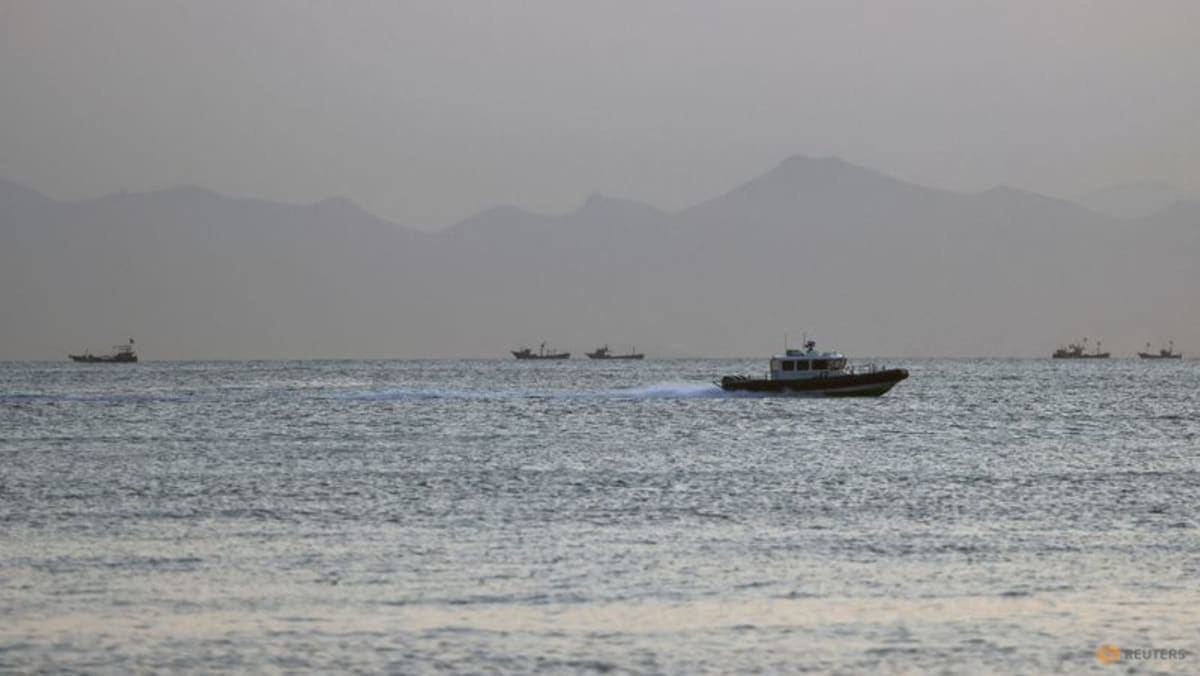‘QUITE COMMON’
McCarthy had originally planned to go to Taiwan himself but opted instead to meet Tsai in California.
The decision was viewed as a compromise that would underscore support for Taiwan but avoid inflaming tensions with China, a move analysts say has so far proven successful.
Tsai said on Thursday that it was “quite common for us to meet our US friends during transits”, she said.
“I also hope the Chinese side can exercise self-restraint and don’t overreact.”
McCarthy had vowed that US arms sales to Taiwan – which infuriate Chinese leadership – would continue, in what he said was a proven strategy to dissuade aggression.
“And what we know through history, the best way to do that is (to) supply the weapons that allow people to deter war,” he said.
“It is a critical lesson that we learned through Ukraine, that the idea of just sanctions in the future is not going to stop somebody” who wants to wage war.
Tsai acknowledged the weapons deal on Thursday but did not provide further details.
“We have purchased arms from the US and we hope the arms will be delivered on time,” she said.
Amid Taiwanese complaints dating back to last year of delays to US weapons deliveries, such as Stinger anti-aircraft missiles, a senior US lawmaker said on Friday he was doing everything possible to speed up the process, suggesting other countries that have the arms could sell them to the island with US government permission.
Speaking to reporters on a trip to Taiwan, Michael McCaul, chairman of the House Foreign Affairs Committee, said Taiwan needed to be able to access weapons given the threat it faces from China.
“On the weapons issue, I sign off on those deliveries and we are doing everything in our power to expedite this,” he said at Taiwan’s parliament, where he met its speaker, You Si-kun.
There is a need to “harden” Taiwan and help its deterrence capability, he added.
McCaul said ideas for getting the arms to Taiwan faster included reprioritising weapons sales given the island is in a high-threat area and “third party sales” – getting the US government to allow other countries that have these weapons to provide them to Taiwan.
“We want to do everything possible to deter a very aggressive nation … from ever thinking about landing on the shores of this beautiful island, because that would be a serious mistake for everybody.”
The US is Taiwan’s most important arms supplier, a constant source of Chinese anger with Washington.
SANCTIONS
On Friday, China slapped sanctions on Taipei’s de facto ambassador to the United States, Hsiao Bi-khim, banning her from entering China and accusing her of “deliberately inciting cross-strait confrontation”.
Beijing’s foreign ministry also announced sanctions against the Hudson Institute, a Washington-based conservative think-tank, as well as the Ronald Reagan Presidential Library, for “providing a platform and facilitating Tsai Ing-wen’s engagement in ‘Taiwan separatism’ activities in the United States”.
The two organisations are now barred from engaging in transactions and cooperation with Chinese entities, while four individuals linked to them are blocked from entering or conducting business in China.
(Except for the headline, this story has not been edited by PostX News and is published from a syndicated feed.)

